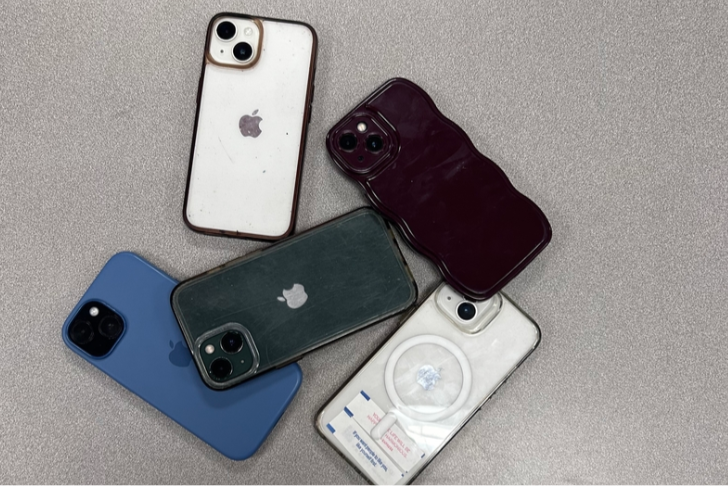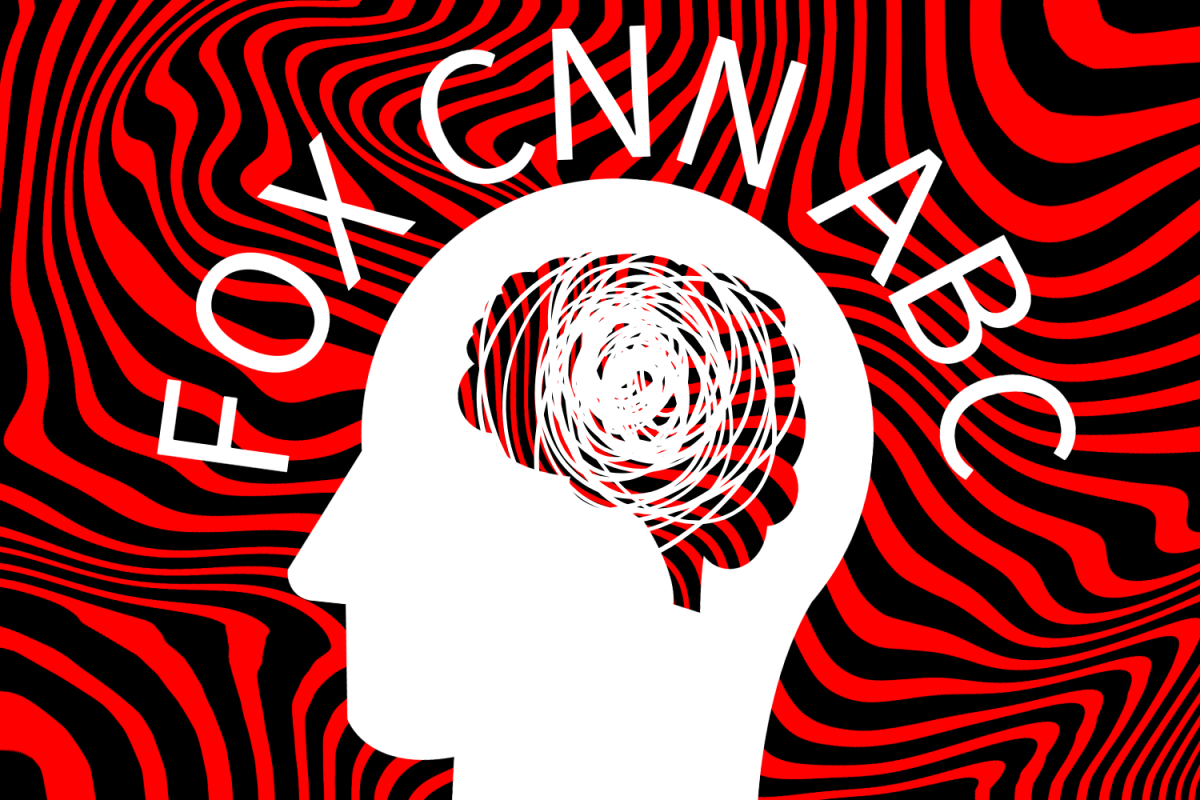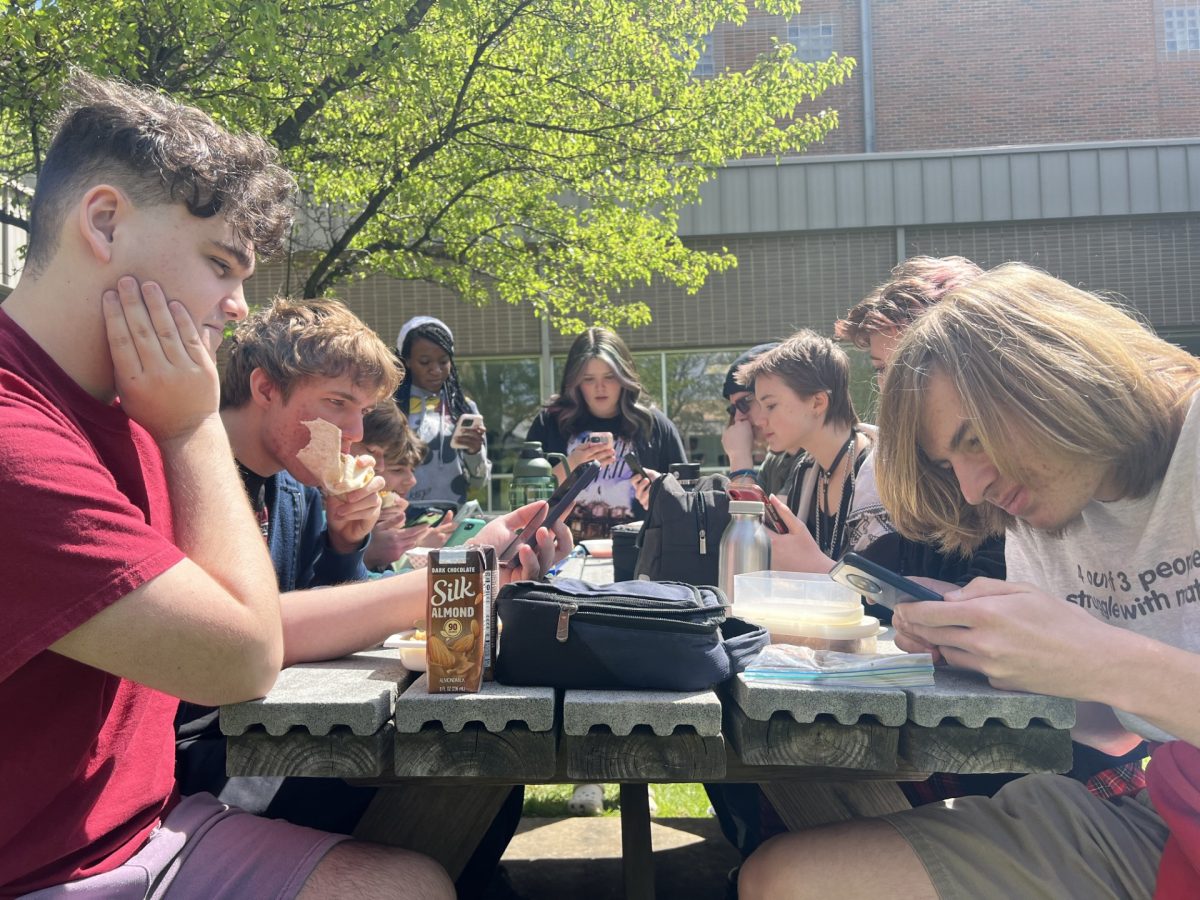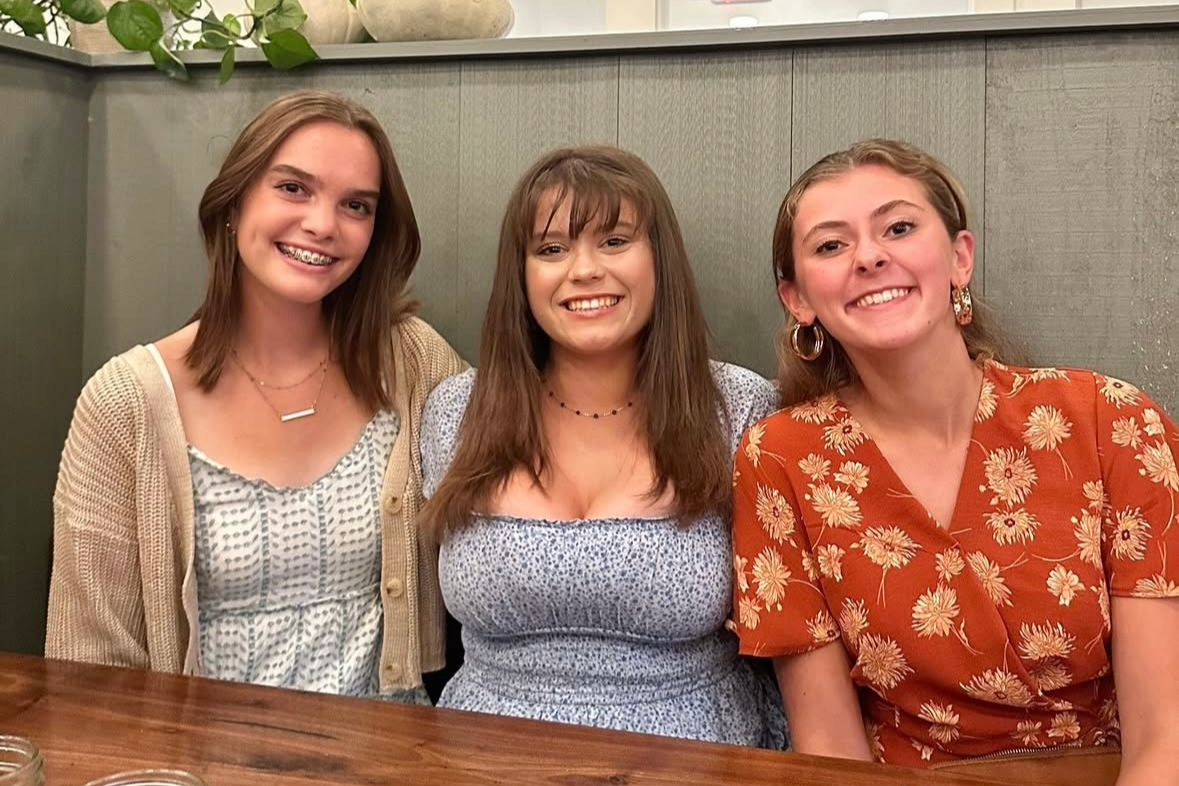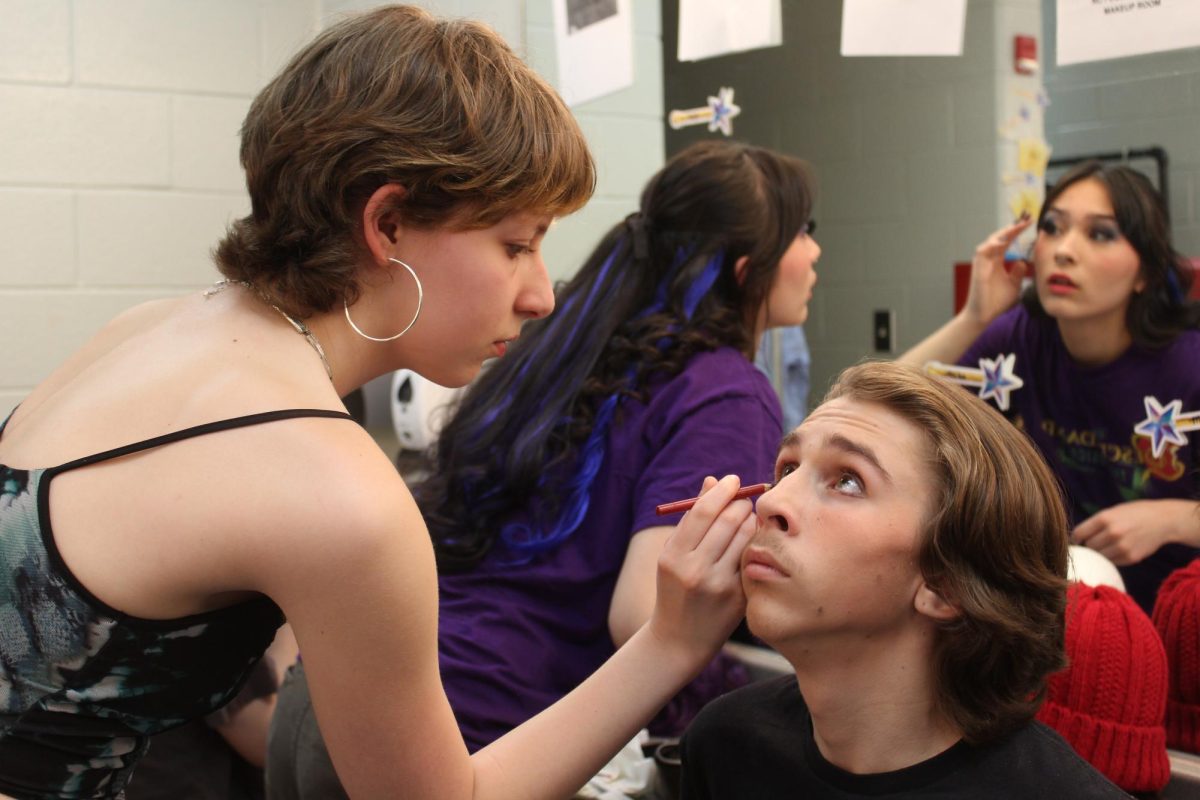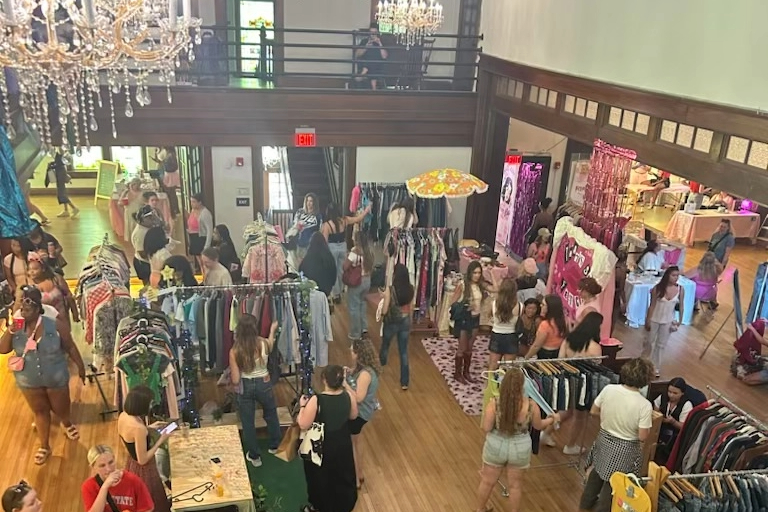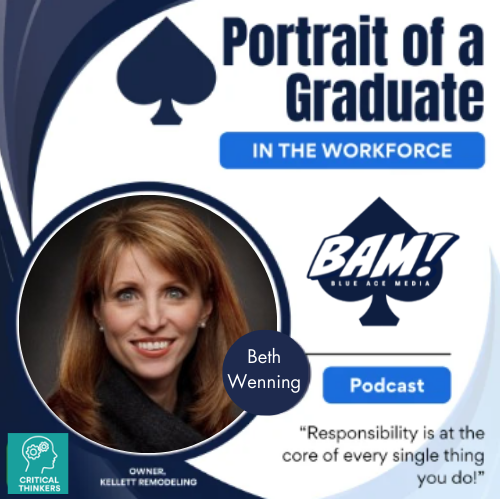Dear Reader,
According to the CDC, mental health goes hand in hand with risks like drug use, violence, and sexual behaviors and will carry over into adult years. These factors increase, especially in teens, when they are denied access to mental health help and a support system. For many people it is hard to ask for help, and we need to put an emphasis on letting people know that it is okay to do so. Asking for help would be admitting that there is a problem, and we are often made to think that we can handle everything ourselves. Not only that, but admitting to having a mental health problem may lead to feeling singled out, and that can be scary, especially for teens.
Youth with poor mental health often struggle with school, grades, decision making, and their physical health. People with mental health have trouble living through their daily lives, and can spend years being miserable before they get any help. These are the same people that desperately want to “live deep and suck all the marrow out of life” (Thoreau) but cannot do so because of their afflictions. Depression comes from the brain not properly producing serotonin, the chemical that causes happiness. Anxiety comes from an overactive amygdala that is constantly in the flight of fight or flight mode. These afflictions are physical problems in the body, and there should be better policies in place to help those who need it.
More than 1 in 3 high school students reported feeling depressed or hopeless in 2019, a 40% increase since 2009 (CDC). This could be a result of the steps that have already been made to de-stigmatize mental health (including better reporting) and the umbrella of problems that stem from it, but we have not reached the finish line yet. Precautions schools could make for students could be the difference between life and death. Depression and anxiety feel like a “blight over the spirit, and sad images of the stern agony, shroud, and pall” (William Cullen Bryant). We need to do more to help those that are suffering silently in our communities.
Throughout history there have been many ideas that humans have created in order to better the mind and spirit. Buddhists believe that the path to nirvana is through meditation and letting go of earthly possessions, John Locke believed people were inherently good but just needed to be watched over, and the Transcendentalists believed nature and isolation were the path to a happy and fulfilled life.
In today’s day and age we know all about the different afflictions of the mind and how we can help. Throughout thousands of years we have progressed and now have hard evidence on how we can better the minds of those struggling with mental health issues. As Emerson once said, “These are the same, but I am not the same, But wiser than I was, and wise enough.” We now have the means and motivation to help those in need, so why shouldn’t we?
We as a community need to take more steps to normalize mental health and to help those who are struggling. 1 in 6 made a suicide plan in 2019, and it was a 44% increase since 2009 (CDC). If we don’t do anything and stay the same course we have been, those rates will continue to increase. Even something as simple as checking in on a friend or family member can make a difference. Many think they are alone in their suffering, but this is not the case, and they need to know they have a support system in their corner. Despite what they may think, they are not a burden and letting them know that can really help. Schools can allow mental health days without repercussions, as it should be the equivalent of a sick day. They can also have a designated room for students to relax and reset as they deal with the stresses of their day.
Mental health is much more common than people think. Normalizing being neurodivergent, or having any type of mental health affliction, can make people feel like they are not alone and help them to get better. If we de-stigmatize mental health it can make it easier for people to ask for and get the help they so desperately need. We take for granted the easy things we do in our daily lives, like brushing our teeth and eating lunch, but these things can be a struggle for people with eating disorders, depression, etc. We as a society need to do more to make the societal connotations of troubles with mental health more normal, and take more steps to help those in need.
Sincerely,
Bailey Chodak and Leah Gottfried
Blue Ace Media welcomes feedback in the form of Letters to the Editor. To submit your feedback, please email your full name and your letter of around 300 words in length to ghsblueprints@gmail.com. Letters are subject to discretion and editing, for length, taste and libel.


